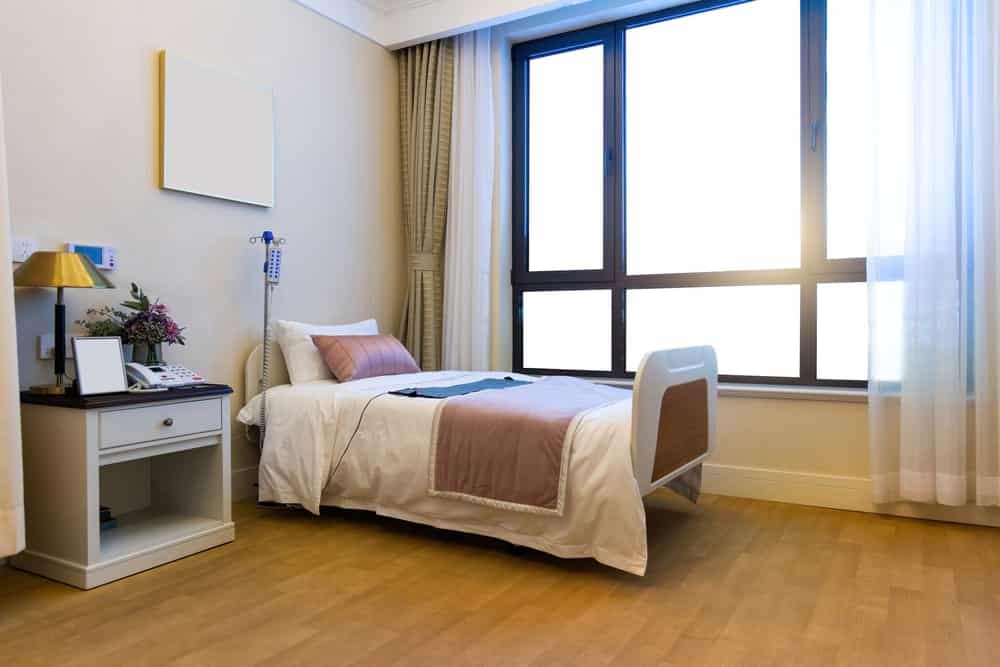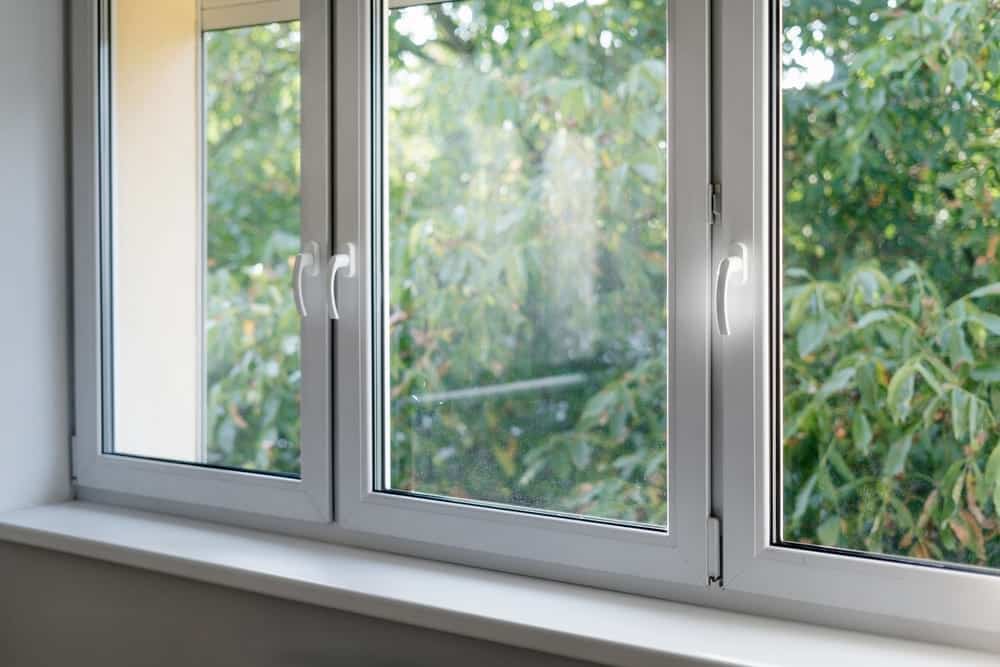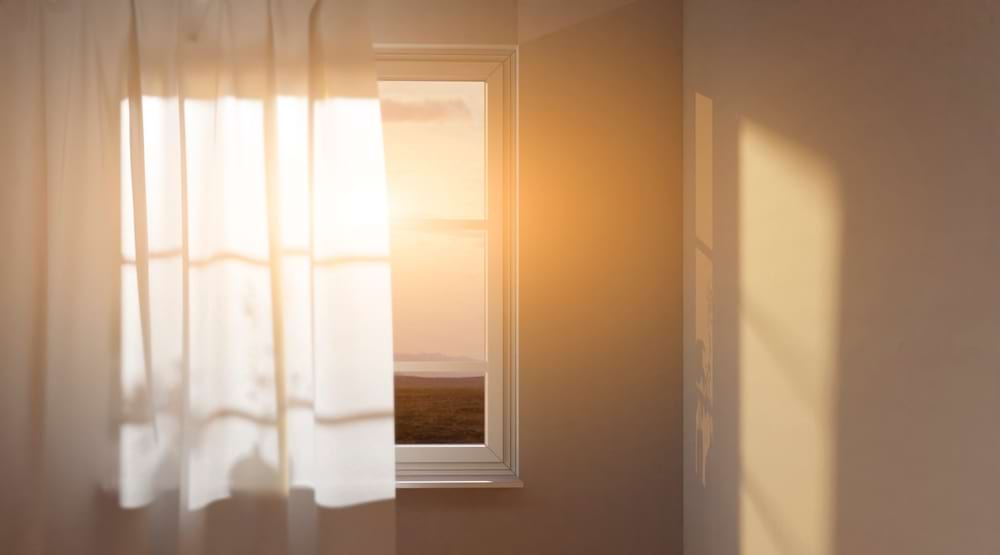On average, people in the UK sell a home 8 times across their lifetime.
Many of these sales can go differently and can include unexpected challenges and costs.
In this article, we’ll explore the costs of selling a house in the UK.
Overview
On average, it costs around £8,100 to sell a house in the UK.
(This figure does not include the costs of buying a separate property.)
However, this will be higher or lower depending on the value of the property.
Example case 1
If you are selling a 3-bedroom property in the UK that costs £250,000, and you are moving 15 miles, then you can expect your approximate costs to be as follows:
- Estate agent fee: £3,550
- Solicitor: £800
- Energy Performance Certificate: £55
- Removal company: £800
- Total: £5,205
Example case 2
Meanwhile, if you are selling a 3-bedroom property in the UK that costs £750,000, and you are moving 15 miles, then you can expect your approximate costs to be as follows:
- Estate agent fee: £10,650
- Solicitor: £800
- Energy Performance Certificate: £55
- Removal company: £800
- Total: £12,305.
Important considerations
You will need to alter your calculations slightly depending on:
- The size of your house
- The number of possessions
- The estate agency you opt for
- The distance you are moving
- Your location in the country.
And more.
Breakdown of costs
1. Estate agent fees

Most homeowners use a high-street estate agency to sell their house.
While the average estate agent will not charge you a fee upfront, you will pay a percentage commission on your final sale figure.
You should contact estate agents in your area for a quote on their commission.
It may vary depending on the size of your house or your location in the country.
For example, London estate agents often charge comparatively more than companies in the north.
A good estate agent will know how to sell a house quickly at a reasonable price. A bad one might cost you a fast or good-priced sale.
Estate agents’ hidden fees
You may also encounter estate agents who sneak in additional fees without you noticing.
The quote they gave you may not include VAT, or there is a withdrawal fee involved (if you decide to back out of the deal) that you should have paid.
In general, estate agencies are not allowed to hide these costs from you, so you should check the fine print and ask directly about potential expenses like this.
Removal conditions
For example, some removal companies offer ‘premium packing’ services, which include higher-quality packing and protection.
There may be add-on provisions for things such as:
- Moving items through windows (if necessary)
- Dismantling furniture
- Moving into an apartment in a building without a lift
Average estate agent costs
This commission can be from 1% to 3% of the selling price, with the average estate agency in the UK charging 1.42%.
At the average estate agent commission of 1.42%, your estate agency costs on a property worth £250,000 will be £3,550.
So, for a house worth £750,000, the cost will be £10,650.
2. Legal fees
Solicitors manage the legal issues and paperwork processes of property sales.
They are responsible for many critical administrative tasks, including:
- Carrying out searches for properties
- Overseeing the exchange of contracts between buyers and sellers
- Transferring money
- Draft contracts
- Gathering many essential documents needed to move (including title deeds, property information forms, TR1 forms, etc.)
And more.
Many solicitors charge as a percentage of your property’s value. If your house is worth more, you will likely pay higher fees.
Solicitor’s disbursements
It is essential to closely examine the ‘disbursements’ a solicitor charges you for when you enlist their services.
For example, there have been tales of solicitors charging for commission searches of a property.
The fee can become relatively high if this is done for every disbursement they complete.
Average solicitor costs
According to Sold.co.uk, the average solicitor’s fee when selling a freehold property valued between £200,000 and £300,000 is £1,000.
Meanwhile, if the house is worth £601,000 to £700,000, this figure could go up to £1,600.
And it could increase further for properties worth over £1,000,000.
3. Energy Performance Certificate (EPC)
An Energy Performance Certificate is a legal requirement when you sell your house.
Potential buyers will use this to understand how eco-efficient your property is and what impact this may have on their monthly bills.
The price of an EPC will vary depending on the size of your property and how in-depth you want it to be (e.g., making recommendations for improvements).
Average EPC costs
Between £35 and £150.
4. Removal company
Even once the contracts have been exchanged, the costs of selling your house are usually still ongoing.
Removal companies are among the largest costs of moving into a property, especially if your new house is a long distance away.
The amount a removal company charges will depend on your number of possessions and how far you travel.
These two factors will affect the number of employees these companies need to bring, the size and number of vans, petrol money, and the time it takes to complete the job.
The time of year you sell your house may also impact the process, as these companies are sometimes busier during specific periods.
Average removal costs
According to Zoopla, the average house removal cost for a 3-bedroom home is £800, based on a moving distance of 15 miles.
Some removal companies charge by the hour, while others charge per mile for a relocation service.
The cost may be several hundred more if you move hundreds of miles.
Enter Postcode…Get Free Cash Offer
Hidden costs
No two house sales are the same.
Sometimes, there are hidden costs to consider. These catch many homeowners out.
Hidden contract fees
You won’t be surprised to hear that you need to pay for:
However, there could be hidden costs in the contract with any of these parties.
So, never sign documents without first reading them carefully.
Estate agent contracts vary. For example, some charge extra for marketing, or add a fee if you want to switch to another estate agent.
Likewise, your removal company’s ‘price per mile’ may go up over longer distances.
Mortgage exit fees
The timing of your house sale isn’t always in your control.
If you’re being relocated for work, for example, then you may need to sell in a short timeframe.
When your mortgage term isn’t at an end, this can trigger mortgage exit fees.
This is a sum you pay to the lender for terminating the agreement before the end of your term.
A mortgage exit fee can cost up to £300.
Requests made by your buyers
Even when you’ve accepted an offer on your property, the hidden costs aren’t necessarily over.
Buyers may occasionally request changes to your house before proceeding with the sale, for example:
- Fixing broken cupboards
- Changing light switches
- Removing carpets.
It’s up to you whether you proceed with these requests. You’re allowed to say no and look for a new buyer.
However, if you proceed, paying for the cost to repair these items will be an unexpected expense.
In a worst-case scenario, such as replacing a boiler, the cost may be several thousand pounds.
Gas and electrical safety checks
A qualified professional must approve all gas and electrical wiring in your property. This involves a certificate stating that it’s safe to use.
If you don’t have this already, then you’ll need to bring in a qualified specialist.
They can perform the checks and issue the certificate. Although it’ll cost several hundred pounds.
Redecoration before you sell
This is entirely optional. Once you speak to an estate agent, they may recommend it, if your house is particularly rundown.
Redecoration is a smaller project designed to make your house more attractive to potential buyers. It often costs a few hundred pounds.
Meanwhile, renovation will cost much more. Renovating your bathroom or kitchen can cost around £5,000 on average per room, and sometimes more.
You’ll also need to factor this into your timeframe, as it can take several months.
You can usually sell your house without redecoration but at a lower price.
If the property is considered uninhabitable in its current form, however, then buyers may struggle to obtain a mortgage on it.
Deep cleaning
If it’s been a long time since you last thoroughly cleaned your house, then just before you sell is the perfect moment.
You may need to hire a professional if you don’t have the necessary equipment. This can cost several hundred pounds and take an entire day.
Alternatively, if you do it yourself, you’ll need to pay for the equipment and supplies involved.
Taxation
Selling property often involves taxes. Not everyone is as well-informed in this area as they may be!
So, it could come as a surprise.
Capital Gains Tax is due on the amount that a second home has increased in value.
And you may need to pay inheritance tax if you’ve only just inherited the property in a Will.
Mortgage adviser fee
Finally, you may choose to seek support from a mortgage adviser throughout the selling process.
In this case, they’ll charge a small fee that you must pay.
A few hundred pounds is typical. You should’ve been made aware of this when you first brought the expert on b
Steps sellers can complete without costs
It is generally recommended that you seek specialist external support during the house-moving process.
Removal companies, solicitors, and estate agents typically have the experience and insight you need.
Unless you have worked in one of these roles professionally, you may feel a tad out of your depth.
With that being said, vast parts of the house-moving-journey can (theoretically) be completed by you, even if it isn’t advisable.
You can market your property yourself and complete the paperwork involved with selling your house, too.
Depending on your resources (e.g. access to vans, packing equipment, safety measures and so on), you could move your belongings into your new home, too.
But it will take a lot of work to complete in just one day…
If you get access to your new house before you sell your current one, you can move things slowly over several days.
We Buy Any Home’s fast house-buying services
If you are looking for someone to buy your house fast, We Buy Any Home can help.
We are a chain-free cash house buyer who can purchase your property up-front and quickly without hassle or stress.
Using our funds, we will purchase your property at a set price by your chosen date and fully manage it from beginning to end.
Fill in our enquiry form below if you want a cash offer for your house.



















